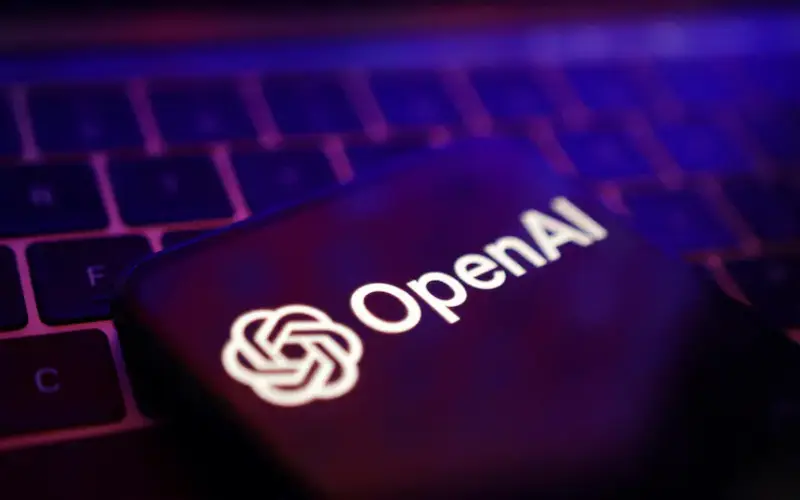OpenAI, the driving force behind ChatGPT, is making a monumental leap into the hardware world with the acquisition of Jony Ive’s design firm, io Products, in a staggering $6.5 billion (approximately Rs. 55,850 crore) all-stock deal. This strategic move signals OpenAI’s ambition to create groundbreaking devices tailored specifically for the generative artificial intelligence era, leveraging Ive’s unparalleled design expertise.
Jony Ive, the legendary chief designer of early iPhones, will join OpenAI as a creative head, spearheading the development of these innovative AI-powered devices. His firm, LoveFrom, has already been collaborating with OpenAI for the past two years, laying the groundwork for this ambitious project. The core vision is to seamlessly integrate OpenAI’s powerful AI technology, exemplified by ChatGPT, with a user-centric product design philosophy, mirroring the success that Ive achieved with the iPhone.
“The products that we’re using to deliver and connect us to unimaginable technology. They’re decades old, yeah, and so it’s just common sense to at least think surely there’s something beyond these legacy products we have,” stated OpenAI CEO Sam Altman and Ive in a video posted on OpenAI’s blog, hinting at a potential revolution in how we interact with AI.
This acquisition marks a significant departure for OpenAI, venturing beyond software and into the realm of hardware manufacturing. Altman revealed that they already possess a prototype of a groundbreaking device, describing it as “the coolest piece of technology the world will have ever seen,” though specifics remain shrouded in secrecy.
The move is a direct challenge to tech giants like Apple and Google, who currently control the dominant mobile operating systems, iOS and Android respectively. D.A. Davidson analyst Gil Luria explains, “OpenAI is interested in owning the next hardware platform so they don’t have to sell their products through Apple iOS or Google’s Android.” This ambition echoes Meta’s endeavors with its Quest goggles and Ray-Ban smart glasses, highlighting a growing trend of companies seeking to control the entire user experience, from software to hardware.
While other companies like Humane AI and Rabbit have attempted to create bespoke AI devices, their efforts have faced challenges. Humane AI’s AI Pin, for instance, was met with criticism regarding its battery life, overheating issues, limited functionality, and high cost, ultimately leading to its acquisition by HP for $116 million (roughly Rs. 996 crore) and the discontinuation of the product. Rabbit, while achieving moderate success with its r1 device, still faces limitations compared to the functionality of traditional smartphones.
This underscores the inherent challenges in developing AI-first hardware, including the immense computing power required and the need for seamless integration with existing technologies. OpenAI’s collaboration with Ive brings not only design expertise but also the potential to overcome these hurdles and create truly innovative and compelling AI-powered devices. The financial details of the io Products deal remain undisclosed, but it is based on OpenAI’s impressive $300 billion (roughly Rs. 25,77,871 crore) valuation. While OpenAI held a prior 23 percent stake in the company, the full acquisition solidifies its commitment to shaping the future of AI hardware. Visit OpenAI’s website for more information.
Apple’s stock dipped more than two percent following the news, reflecting the market’s recognition of OpenAI’s potential to disrupt the established order. As Apple cautiously rolls out its Apple Intelligence features, integrated with ChatGPT, on its devices, OpenAI’s bold move signals a new era of competition and innovation in the AI landscape. The acquisition of io Products and the appointment of Jony Ive as creative head positions OpenAI at the forefront of this revolution, promising a future where AI seamlessly integrates into our daily lives through beautifully designed and powerful devices.


















Leave a Reply
You must be logged in to post a comment.